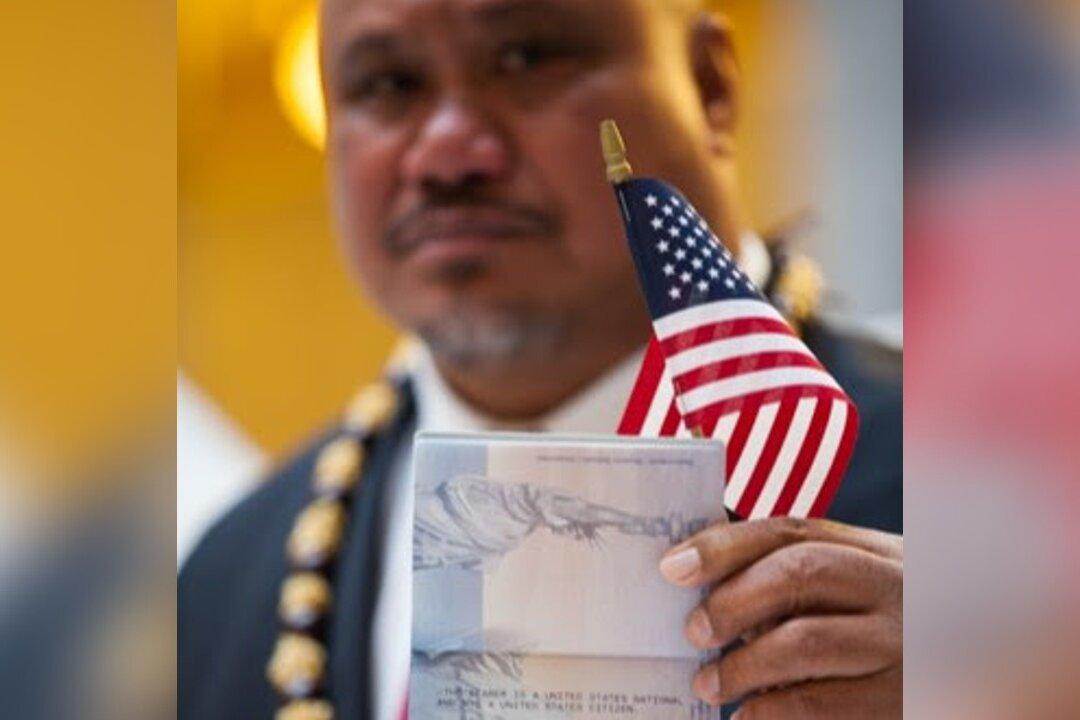The Supreme Court on Oct. 17 refused to consider a challenge to an appeals court decision denying full U.S. citizenship to American Samoans.
American Samoa, which is roughly 1,600 miles northeast of New Zealand and more than 2,000 miles southwest of Hawaii, became a U.S. territory in 1900. It has a population of about 55,000, but more than 100,000 American Samoans reside in the continental United States, mostly in the west. Congress adopted laws granting citizenship to those born in other U.S. territories—the Northern Marianas, Guam, the Virgin Islands, and Puerto Rico—but not to those born in American Samoa.





